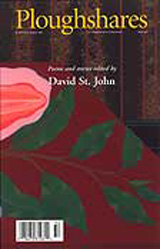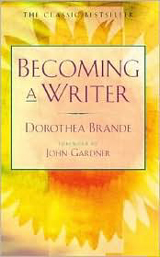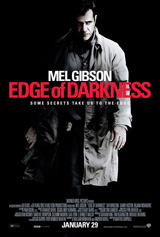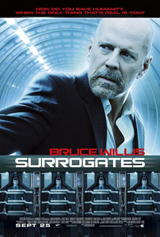 Vermont Avenue’s Skylight Books overflowed last night with Los Angeles literati eager to catch a glimpse of indie lit ambassador Dave Eggers. If you had arrived on time, you’d have gotten your copy of his latest nonfiction book, Zeitoun, about one family’s incredible survival of Hurricane Katrina, and a place in line to get it signed, albeit one hundredth-plus, but probably not a sightline to the author. Eggers claimed the event was his first for the book and spent a lot of time summarizing the Zeitouns’ history, punctuated with a couple of passages, stopping just short enough that fans were left in suspense and eager to crack it open that night when they got home.
Vermont Avenue’s Skylight Books overflowed last night with Los Angeles literati eager to catch a glimpse of indie lit ambassador Dave Eggers. If you had arrived on time, you’d have gotten your copy of his latest nonfiction book, Zeitoun, about one family’s incredible survival of Hurricane Katrina, and a place in line to get it signed, albeit one hundredth-plus, but probably not a sightline to the author. Eggers claimed the event was his first for the book and spent a lot of time summarizing the Zeitouns’ history, punctuated with a couple of passages, stopping just short enough that fans were left in suspense and eager to crack it open that night when they got home.
In the Q&A after the reading, Eggers talked about the three-year research process that involved multiple trips to visit the Zeitouns in New Orleans and their extended family in Syria.
“I’m trained as a journalist,” Eggers said. He wrote news articles and features for papers and weeklies “all through my twenties. That was my background. I actually came to fiction very late.”
Eggers’ last book project was also based on a remarkable individual’s life, but What Is the What, chronicling Lost Boy Valentino Achak Deng’s journey from Sudan to America was marketed as a novel.
“I was writing that as nonfiction,” Eggers explained, “but we kept running into things we couldn’t document, couldn’t prove. There wasn’t enough to make it compelling. We chose to call it a novel even though every event in it took place. We just gave ourselves permission to paint a scene, to include the novelistic details that are necessary.”
Zeitoun’s story, on the other hand, was just three years old and extensively documented by the media. If Zeitoun remembered a downed orange helicopter, Eggers could locate the TV footage or newspaper photo to confirm it.
With Away We Go, his first foray into screenwriting, in theaters now, Eggers is returning to his roots with another upcoming project. The next edition of his quarterly literary journal McSweeney’s will take the form of a newspaper.
“Because I come from newspapers, I still believe in the printed word,” he said. “I want to try to reinvigorate the medium and remind everyone how beautiful it can be.”
Hitting the street on November 6—literally, in Eggers’ hometown of San Francisco, where it will be sold at newsstands and bodegas and by sidewalk hawkers—the fifteen-by-22-inch full-color broadsheet thicker than the New York Times will resurrect old forms of investigative journalism and comics.
Eggers’ staff brainstormed for months “what papers can do universally well. We’re hoping it will remind readers what papers can do.”
Despite his forays into nonfiction, Eggers assured the crowd, “I’m still writing fiction.” Next up is a novel adaptation of Maurice Sendak’s Where the Wild Things Are. Eggers also adapted the children’s classic into a screenplay directed by Spike Jonze.
But even on his finished projects, Eggers’ work isn’t done. He’s notoriously added forty pages to the second edition of his novel You Shall Know Our Velocity, later removing this addendum plus another thirty pages. Six editions later, he recommends the shortest version.
“That’s the beauty of self-publishing,” he said, adding that even as he read passages from Zeitoun at Skylight, “I’m making changes in my head for the next edition. I’ve never been someone who’s been able to say, ‘That’s it! I’m done!’”









